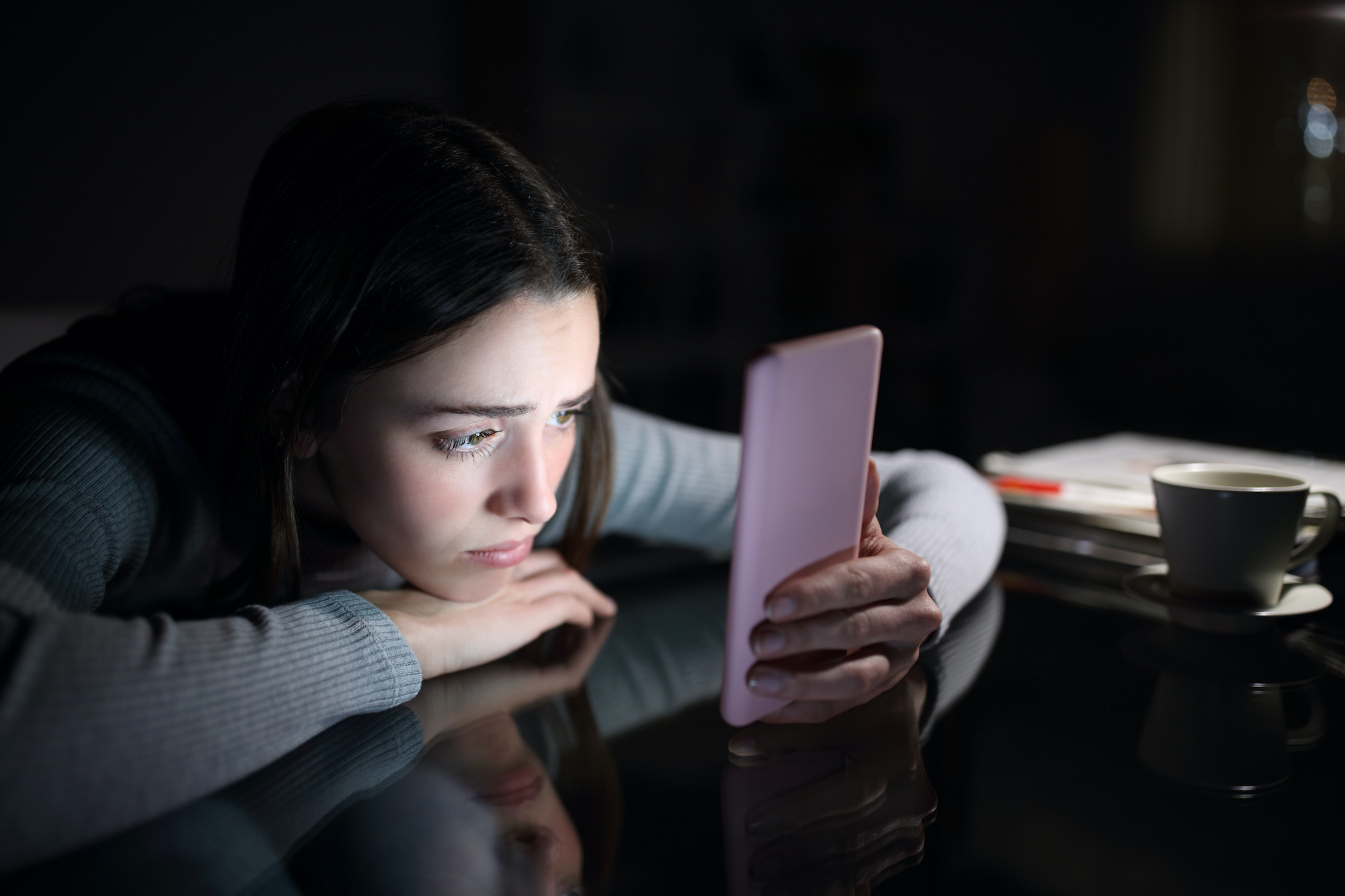
US Surgeon General in the latest advisory called loneliness to be as profound a public health threat as smoking and obesity. Read to know more.
Loneliness is as risky as smoking and obesity
US Surgeon General Vivek H. Murthy in the latest advisory warned that loneliness presents a threat to public health at the same level as obesity and smoking. The advisory aims to rally Americans to spend time with each other as society becomes more digital and divided. According to Murthy, about half the adults in the US experience loneliness. The epidemic has consequences for both mental and physical health, putting people at a greater risk for heart disease, dementia, and stroke in addition to anxiety and depression.
The surgeon general is the chief advocate for public health and uses the office to sound alarms about issues harming or threatening American lives. Tuesday’s advisory calls for a collective effort focused on mending “the social fabric” of the nation. This includes teaching children how to build healthy relationships, spending less time on social media if at the risk of in-person interactions, and talking more to friends, relatives, and co-workers. Studies reveal the risk of premature death posed by loneliness is similar to smoking 15 cigarettes a day. Additionally, it is greater than the risk for physical inactivity and obesity.
More on the advisory
As per a study cited in the advisory, the time spent with friends declined by 20 hours a month between 2003 and 2020. However, in the same period, time spent alone rose by 24 hours a month. Experts believe these trends intensified during the pandemic as Americans stayed home. “What covid did is pour fuel on a fire that was already burning. I want the entire country to understand how profound a public health threat loneliness and isolation pose,” stated Murthy.
“This isn’t just people feeling good or bad about their social life. It truly has an impact on our physical health,” stated Julianne Holt-Lunstad. Holt-Lunstad is a professor of neuroscience and psychology at Brigham Young University. Additionally, she is the advisory’s lead science editor. Additionally, the recommendations from the new loneliness advisory extend beyond. It urges tech firms, workplaces, and schools to unite behind the goal of rising social engagement and bringing down isolation.
“In many ways, technology is a great thing. It connects you to long-lost friends, and you can see faces on your computer screen. But it can have a negative side. It can disconnect you while you are with others, you are not present, you are on your phone. You can be in a room with family and friends, but you are not getting the social connections you want,” reminds Kerstin Gerst Emerson. Emerson is a clinical associate professor studying loneliness at the University of Georgia.
